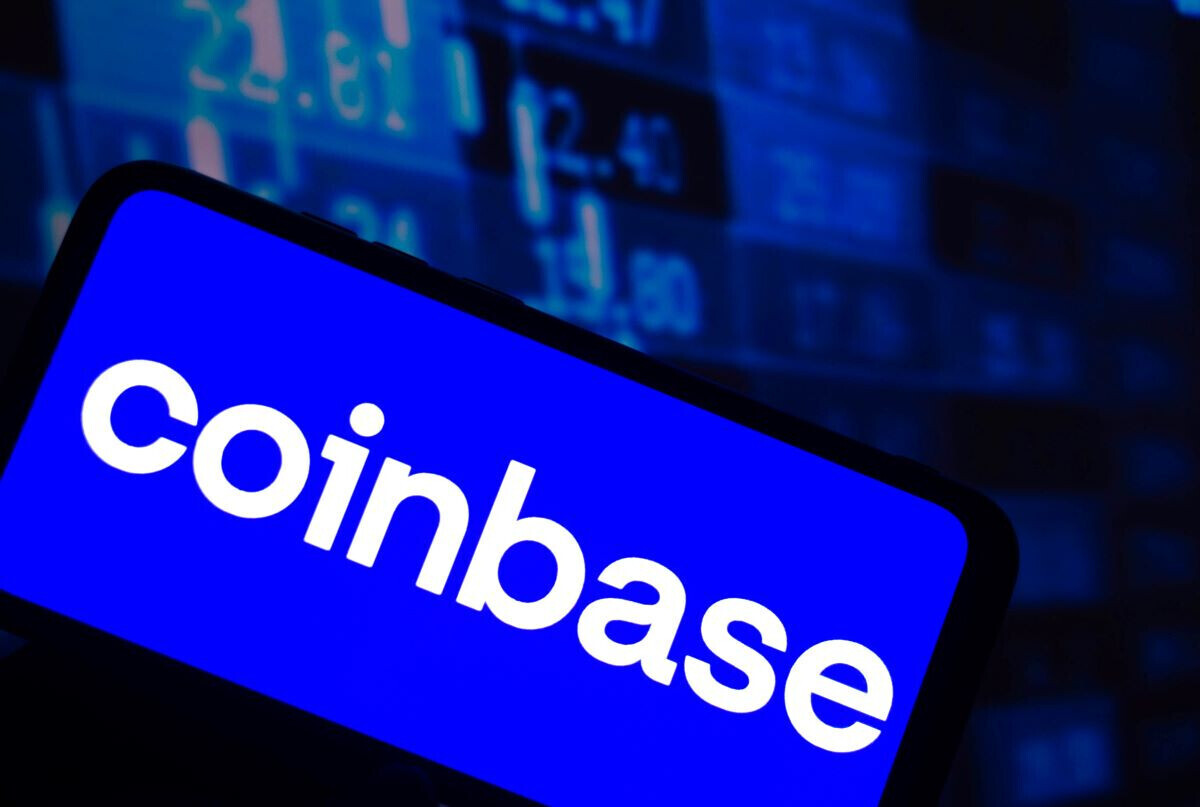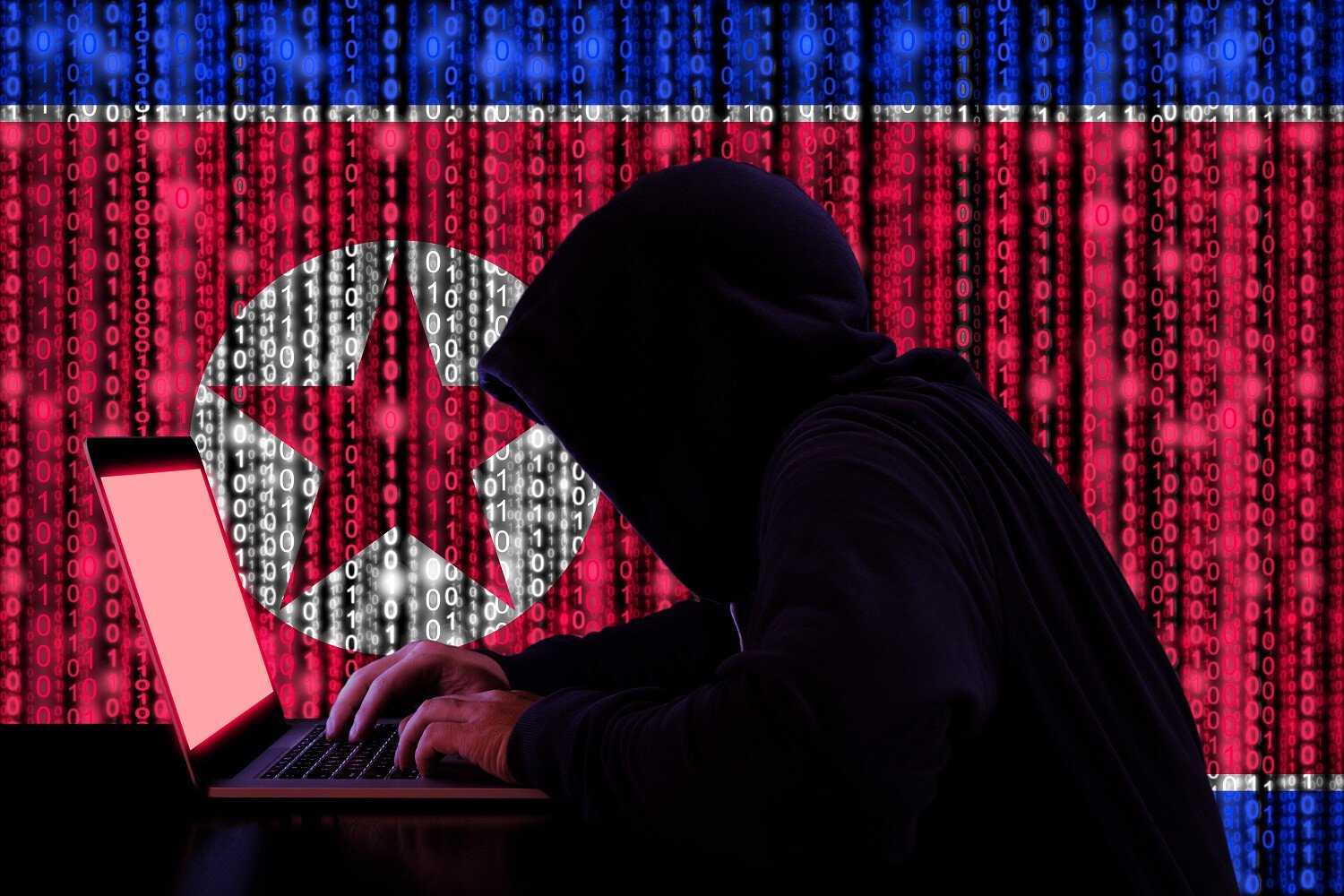Taiwan Implements Stricter Regulations, Bans Unregistered Foreign Crypto Exchanges from Operating

Today, on September 26, Taiwan's financial regulator, the Financial Supervisory Commission (FSC), unveiled new guidelines for Virtual Asset Service Providers (VASPs) aimed at enhancing the protection of cryptocurrency users in the country.
In March, the FSC confirmed its position to closely regulate the cryptocurrency exchange sector to safeguard users within the state. Since then, it had worked to enforce its anti-money laundering regulations on all crypto exchanges operating in Taiwan.
However, the newly released guidelines specify that cryptocurrency exchanges operating under its jurisdiction must ensure the separation and protection of company treasury assets from customer assets. They also establish a new review standard for the listing and delisting of digital assets while enhancing information disclosure.
These guidelines primarily emphasize transparency, secure asset custody practices, and strengthening internal controls and management within cryptocurrency firms.
Moreover, foreign cryptocurrency firms seeking to operate in Taiwan or serve Taiwanese customers must always register with the regulator and demonstrate their adherence to anti-money laundering regulations.
These regulations were initially introduced by the FSC in July 2021, making it mandatory for VASPs to comply with anti-money laundering rules and regulations. Obtaining the necessary approvals from the regulator is a prerequisite before commencing operations in Taiwan or targeting its citizens.
The Financial Supervisory Commission (FSC) stated that:
“Overseas virtual asset platform operators are not allowed to provide business within the territory of the country [...] unless they have been registered in accordance with the law.”
Taiwan Cryptocurrency Exchanges Collaborate on Self-Regulation Amid FSC's Guidelines
The Financial Supervisory Commission (FSC) extended invitations to Virtual Asset Service Providers (VASPs) with the objective of fostering self-regulation within the cryptocurrency industry.
The FSC's intention is for relevant VASP associations to collaborate in the development of self-regulatory standards, aligning with the principles outlined in the authority's guidelines.
In response to the FSC's guidelines, major cryptocurrency exchanges in Taiwan have jointly initiated the establishment of a self-regulatory association.
Currently, a working group comprising nine Taiwan-based cryptocurrency exchanges is actively working on defining self-regulatory norms. Their goal is to finalize and submit these norms by mid-October.
This collaborative effort includes well-known local exchanges such as Maicoin, BitstreetX, Hoya Bit, Bitgin, Rybit, Xrex, Shangbito, and others, all coming together to form the Virtual Asset Platform and Transaction Business Association.
Wayne Huang, co-founder and Group CEO of Taipei-based crypto exchange XREX, said:
“The FSC’s new guidelines could give birth to a new industry, providing this new industry legitimacy, oversight, a solid path to grow, and an accelerated means to acquire public trust.”
The global cryptocurrency market has seen increased regulatory scrutiny following the 2022 market crash and the discovery that customer funds may have been commingled with company assets at FTX, a now-bankrupt crypto exchange.
Accordin to a press release, the Financial Supervisory Commission (FSC) of Taiwan introduced the new crypto regulations, drawing inspiration from similar frameworks in the European Union, Japan, and South Korea. The recent developments follow reports from local sources on September 7, revealing that the FSC had drafted ten guiding principles for overseeing digital currencies in Taiwan.
The FSC's intention with this framework is to impose restrictions on unregistered cryptocurrency exchanges. This move comes as the FSC assumed the role of the primary regulator of cryptocurrencies in the country in 2023.
In August, reports emerged that Binance, the world's largest crypto exchange, submitted a registration application to the Taiwan regulator for Anti-Money Laundering (AML) compliance.
In a similar vein, other exchanges like Kraken and Bybit are considering participation. Kraken has affirmed that it provides full services to users residing in Taiwan. As indicated on the Bybit website, they facilitate Visa and Mastercard payments in countries including Taiwan.















